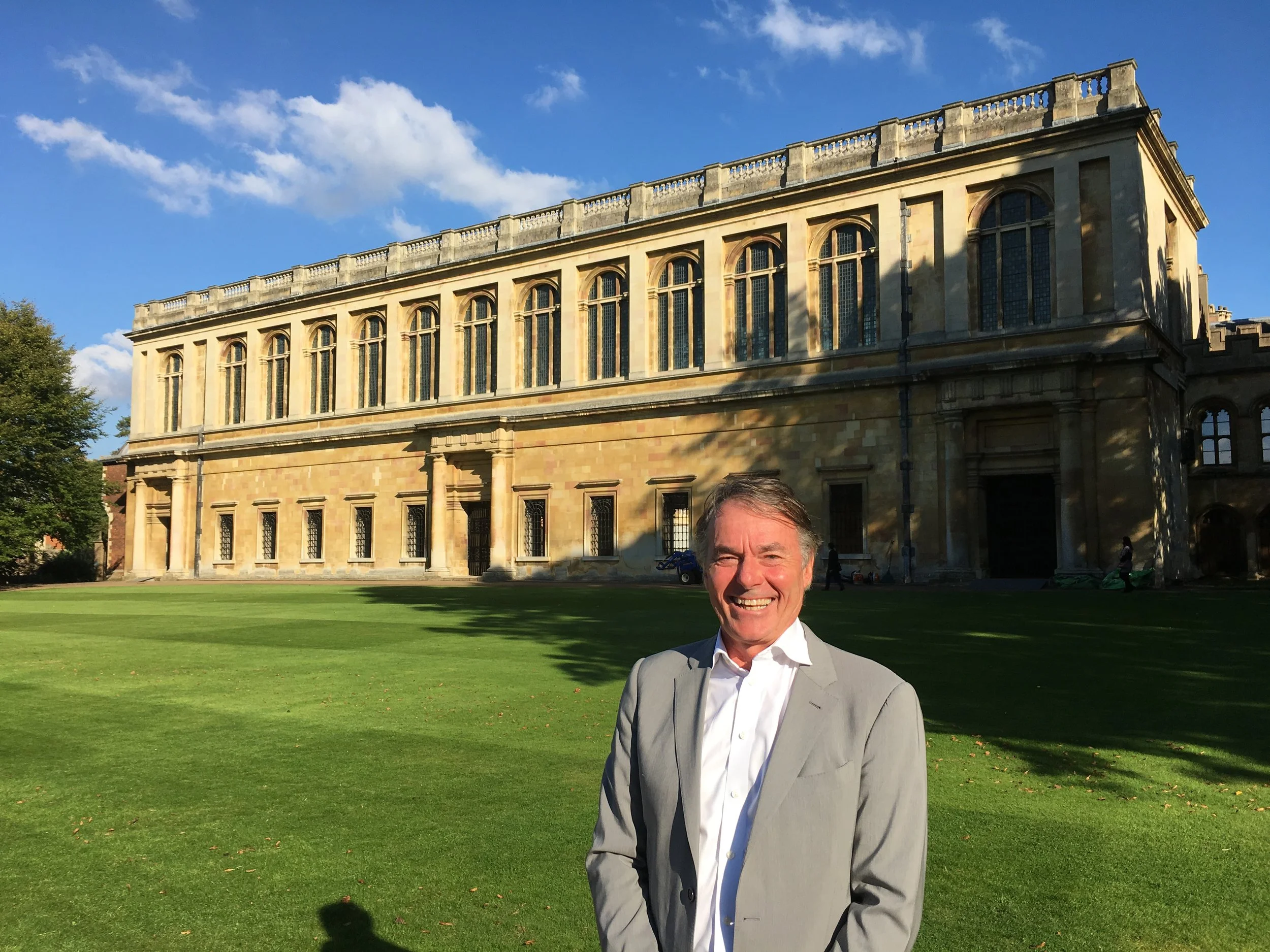Guest Contributors
My goal when I established this site was not just to afford an outlet for my own writing on various subjects, but also to draw attention to what others have to say. I hope that every week I will be able to offer readers fresh ideas and perspectives not only by poet Percy Bysshe Shelley, but also those in his circle: Mary, Claire Clairmont, Byron, Keats, Leigh Hunt and others.

Sir Humphrey Davy and the Romantics - an Online Course
Professor Sharon Ruston of Lancaster University is offering a free online course through Future Learn called "Humphry Davy: Laughing Gas, Literature, and the Lamp". These types of course are fun and informative. If you are interested in Shelley you will want to learn more about Davy because Shelley studied him closely. Shelley was one of the last great polymaths - he was well versed with a range of subjects that dwarfs most of his famous contemporaries. Science was one of them. To understand Shelley fully, you need to understand his interest in science - this course can help you to do this.

David, or The Modern Frankenstein: A Romantic Analysis of Alien: Covenant by Zac Fanni
I was very excited to hear that Shelley's poem Ozymandias features prominently in the new movie in the Alien franchise: Alien: Covenant. The poem's theme is woven carefully into the plot of the movie, with David (played again by Michael Fassbender) quoting the famous line, "Look on my works ye mighty and despair." What immediately drew me to Zac Fanni's excellent article was his discussion of the Ozymandias scene. However, what I found amounted to so much more. We are offered a kaleidoscopic array of classic romantic allusions including some which are more obvious, for example Frankenstein and Rime of the Ancient Mariner; and some that are decidedly less so: Shelley's Alastor makes an unexpected appearance!

The Shelleys and "Mutability" by Anna Mercer
P B Shelley’s ‘Mutability’ can, in this way, promote discussion of the Shelleys’ creative collaboration. What we know of the Shelleys’ history provides evidence for their repeated intellectual interactions, as Mary Shelley’s journal shows an almost daily occurrence of shared reading, copying, writing and discussion. The Shelleys’ shared notebooks (not just the ones containing Frankenstein) also indicate that they would use the same paper to draft, redraft, correct and fair-copy their works.

William Godwin: Political Justice, Anarchism and the Romantics
Yet at least in the permanence of the printed word Godwin’s influence on Shelley remains. It is most apparent in Shelley’s political poems, which echo Godwin’s views on the state and his anarchistic vision of society.

